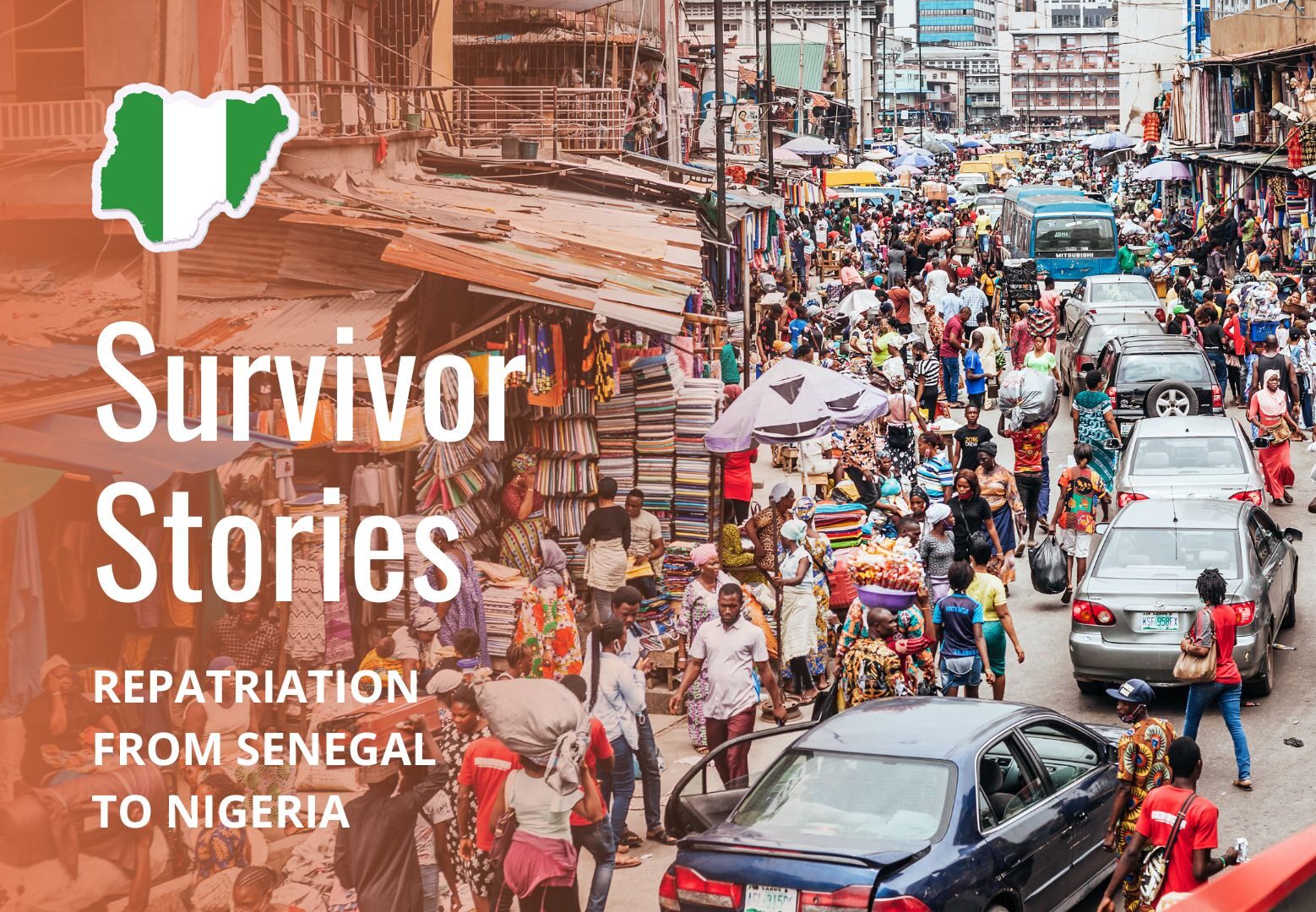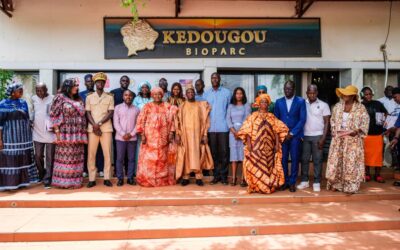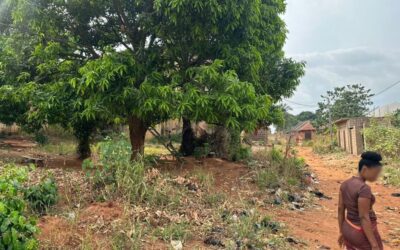We are excited to share insights from Free the Slaves’ recent monitoring trip to Nigeria, led by Blaise Sonia Adu-Gyamfi, our Global MLE Coordinator. From June 12th to 19th, 2024, this visit was instrumental in meeting survivors who have completed vocational training, ensuring accurate data reporting, and participating in a crucial survivor engagement meeting. This trip highlighted the incredible resilience and determination of survivors as they rebuild their lives and advocate for themselves and their communities.
Sonia arrived in Lagos on June 12th and traveled to Asaba State to meet with survivors at their workplaces. These visits underscored the remarkable progress made by individuals empowered through our programs. Each survivor’s story is a testament to their resilience and the transformative impact of the support they have received.
Fatima*, a 23-year-old hairdresser from Eruemukoko Arien, runs a well-maintained salon despite battling cardiac cancer. Supported by EWCF with a year’s rent and a generator, she earns 50,000 Naira weekly from selling hair products. This income helps cover her medical bills and supports her grandmother, highlighting the vital role of economic empowerment in overcoming personal and family challenges.
Amina*, a 24-year-old entrepreneur from Asaba, started a POS (money transfer) and phone accessories business, earning 8,000 Naira daily. Her success has allowed her to expand her business and support her family, continuing a building project her late father started. Her journey from vulnerability to self-sufficiency exemplifies the impact of targeted support and vocational training.
Blessing*, also 24, runs a clothing and slipper shop in Agbahro, earning 60,000 Naira weekly. Recently empowered by EWCF to expand her business, she is preparing for the birth of her child and expresses gratitude for the support received. Her story underscores the importance of continuous support and monitoring to ensure sustained progress.
On June 14th, a significant survivor engagement meeting was held, attended by about 40 survivors proudly wearing green t-shirts with “I am a Survivor” printed on the back. The meeting, led by Emmanuel, focused on appreciating the support received from EWCF and discussing ways to improve their businesses and social situations. During interactive sessions, survivors shared their current and future plans, showcasing their empowerment and aspirations.
For example:
- Maryam* plans to expand her catering business to include cooked indomie
- Kemi* aims to grow her food business, which she started with transportation money from EWCF.
- Chinyere* intends to partner with her sister in a tailoring and snack business
- Sade* wants to add slipper sales to her shop assistant job.
- Latifa* recently started a slipper business and is looking for a shop after making significant profits.
- Esther* sells perfumes and deodorants online and plans to start a POS and cake-making business.
The evening session saw some survivors receiving equipment and materials to start their businesses, further empowering them to achieve their goals. These sessions not only provided practical advice but also fostered a sense of community and mutual support among the survivors.
The trip also provided an opportunity to capture additional survivor stories, further illustrating the diverse experiences and resilience of those impacted by modern slavery.
Grace*, a 27-year-old from Lagos State, was repatriated from Senegal where she worked as a commercial sex worker. Now running a catering business, she looks forward to continuing her education to become a Business Administrator, despite her parents’ unwillingness to accommodate her due to the associated shame.
Precious*, a 17-year-old from Abuja, dreams of returning to school and becoming a lawyer. Repatriated from Senegal, she now lives with her aunt and supports herself, demonstrating a strong desire to overcome her past and build a brighter future.
Chioma*, a 24-year-old single mother from Imo State, was repatriated from Senegal and now sells raw food. She is determined to return to school and build a better future for herself and her child, embodying the spirit of resilience and determination.
The trip also highlighted several challenges, including delays in meeting survivors, issues with local community watchdogs, bad weather, and deteriorated roads. These obstacles underscore the importance of continuous support and monitoring to ensure the sustainability of the survivors’ progress.
On June 17th, Sonia met with EWCF staff in Akure to review database and case management files. The meeting addressed several issues, such as updating survivor information, ensuring accurate reporting, and discussing advocacy work. The team also discussed future plans to support survivors wanting to return to school and the need for special health facilities for pregnant survivors.
The monitoring trip to Nigeria was a powerful reminder of the resilience and determination of survivors. It highlighted the importance of continuous support, accurate data reporting, and empowering survivors to advocate for themselves and their communities. By addressing challenges and building on successes, we can create a sustainable and impactful path toward ending modern slavery.
Stay tuned for more updates as we continue our crucial work in empowering survivors and strengthening our advocacy efforts.
*Names changed for privacy.
These activities are funded by the U.S. Department of State Office to Monitor and Combat Trafficking in Persons. The opinions, findings, and conclusions therein are those of the author[s] and do not necessarily reflect those of the United States Department of State.




